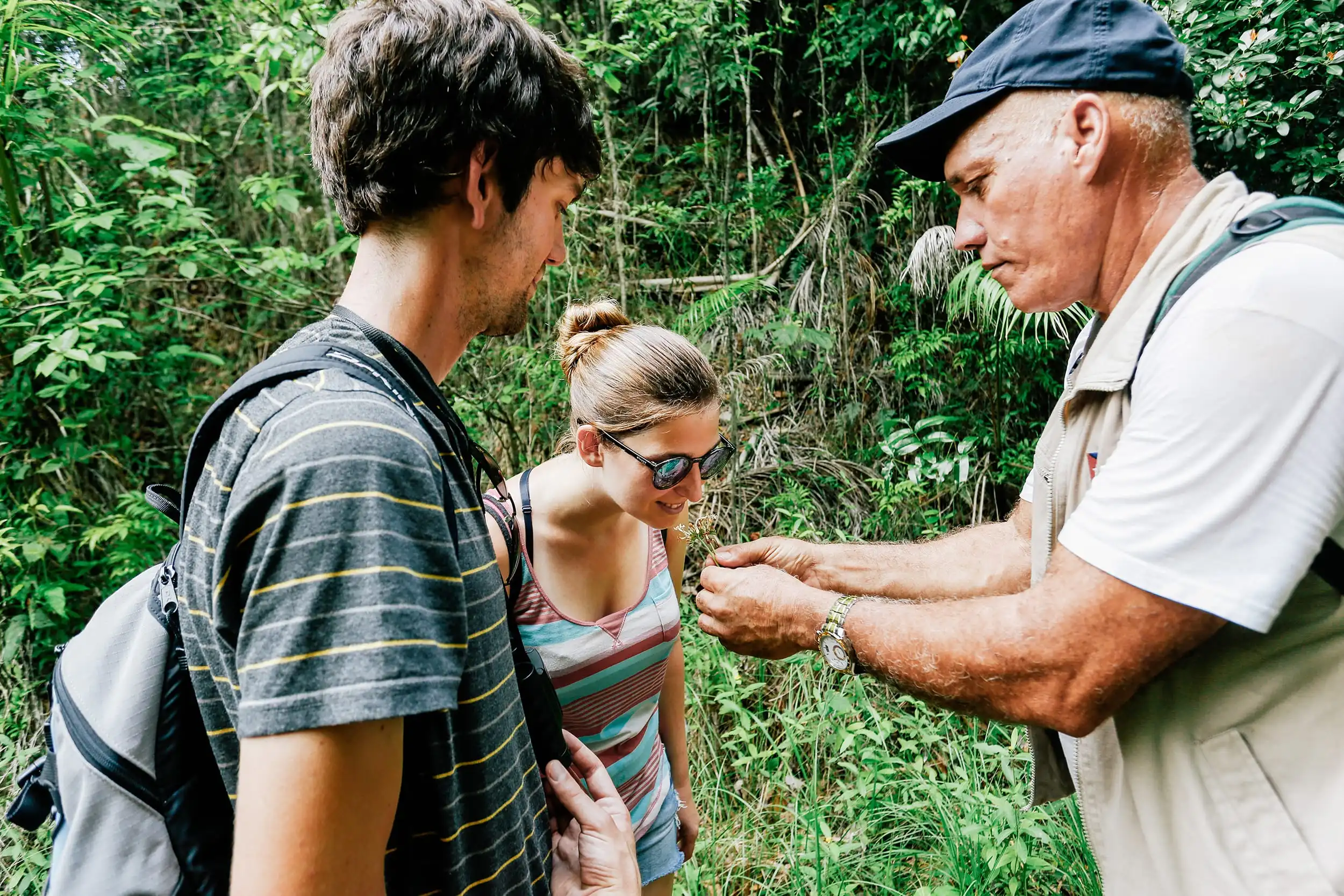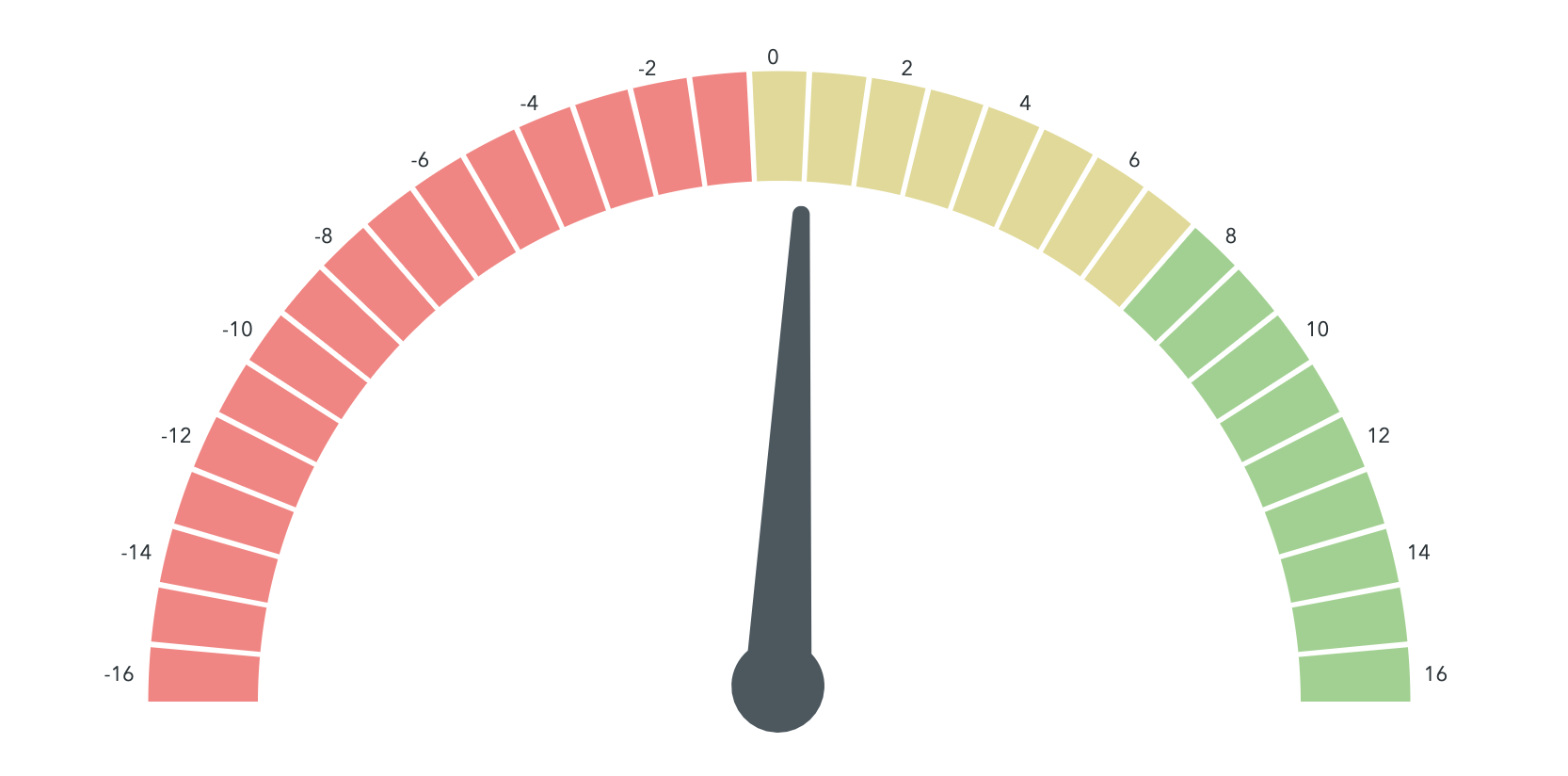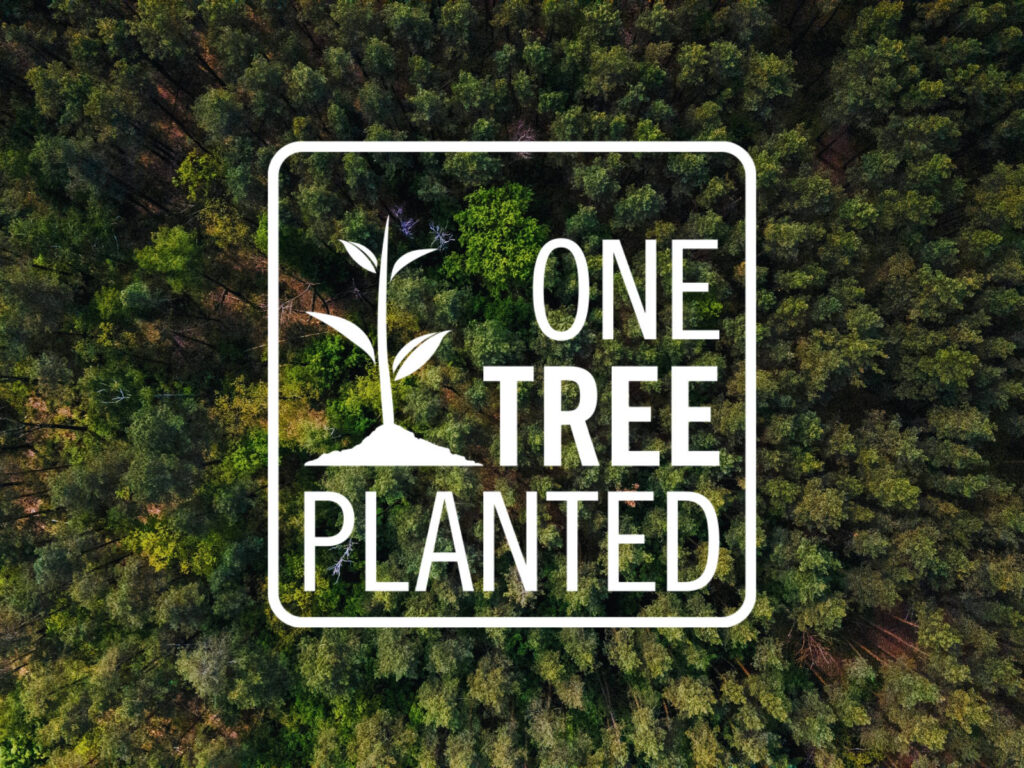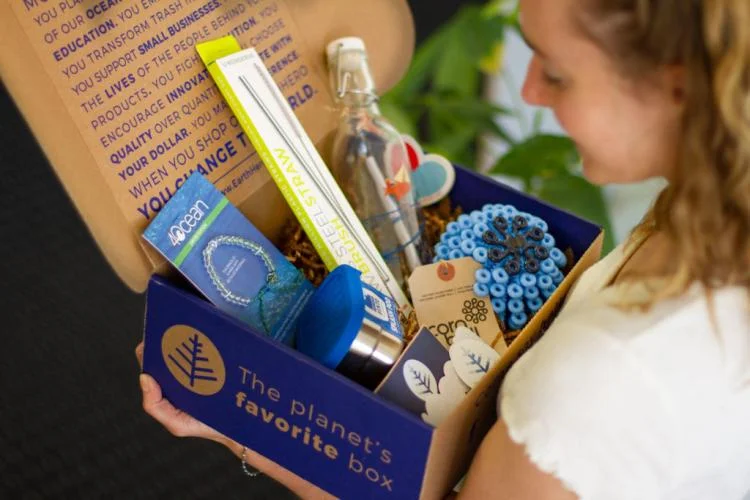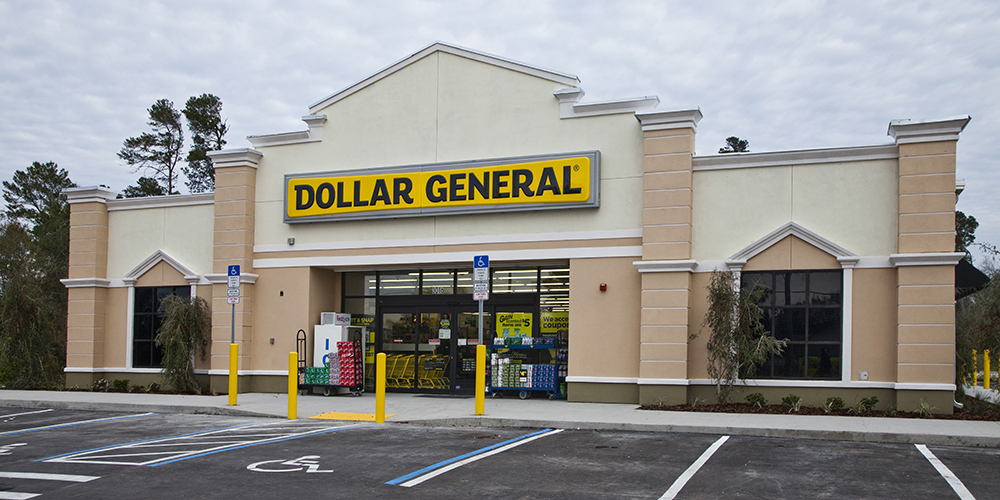Airbnb’s Sustainability: The Good & The Bad
Is Airbnb sustainable? On Karma Wallet, we rate them a 2/16. Here’s why!
June 22, 2023
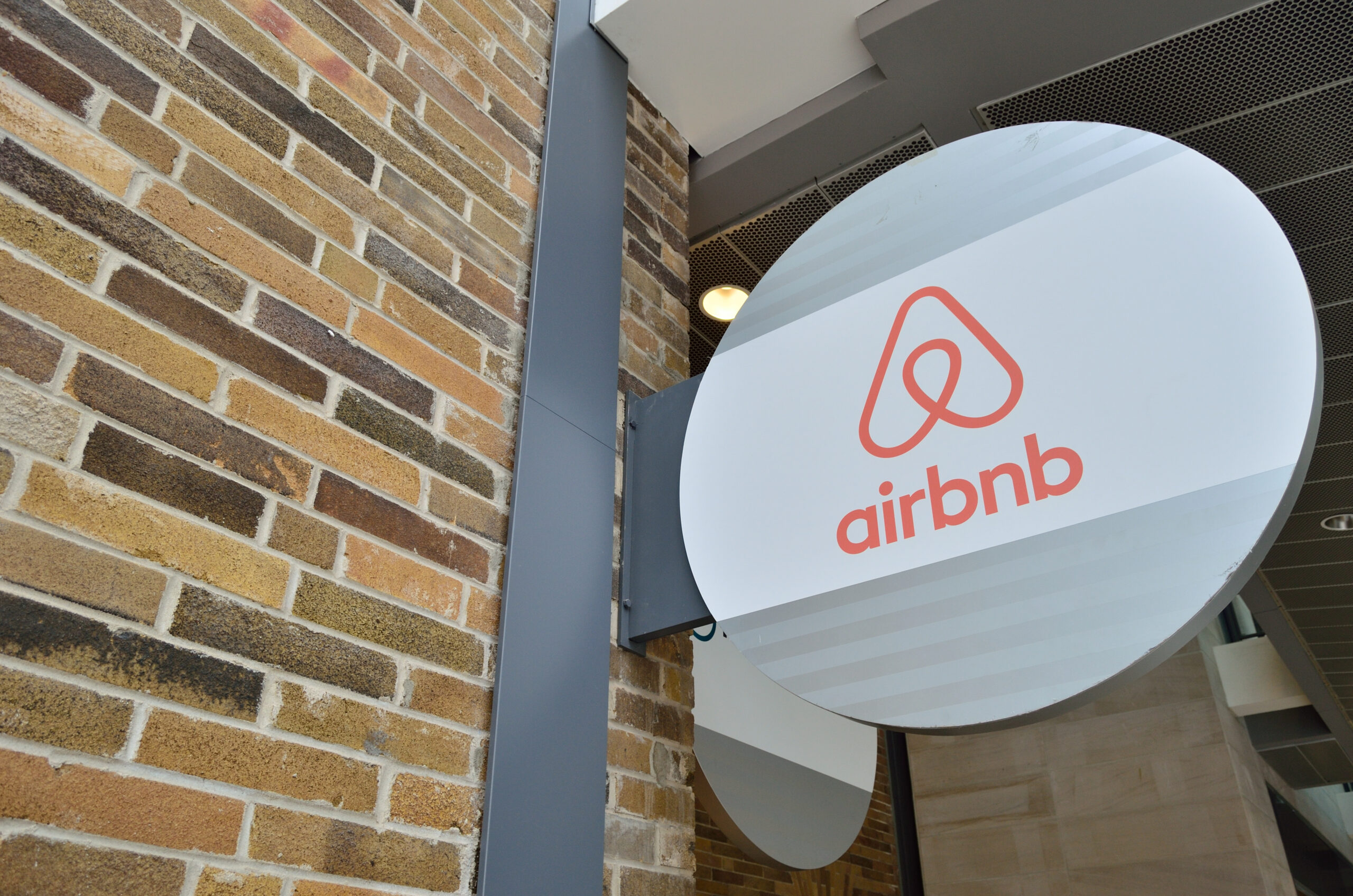
Studies say that global travel will increase by 30% in 2023. But where people will stay during those travels has changed. Now more than ever, travelers are swapping their traditional hotel stays for home-sharing with Airbnb for a more immersive and cost-effective travel experience. It helps that Airbnb is everywhere – they have 4 million hosts and over 6 million listings across the globe. But what is Airbnb’s sustainability and social impact?
On Karma Wallet, we rate Airbnb a 2/16. Let’s talk about why.
The Good
Net Zero Goal
In 2021, Airbnb committed to a goal of operating as a net zero company for corporate operations by 2030.
Their sustainability report outlined actions they have taken, or plan to take, to reach this goal, including 100% renewable energy in their global offices, a supplier sustainability program to drive scope 3 emissions reductions, emissions reduction targets approved by the Science Based Targets initiative, and “investing in high quality nature-based solutions to help protect the natural world.”
And their plan seems to be working so far. Their Scope 3 (absolute) emissions went down 34.3% from 2019 to 2021. Their Scope 2 emissions have been reduced by 100% due to renewable energy purchasing.
In addition to corporate emission reductions, Airbnb launched sustainability initiatives focused on preserving biodiversity and carbon offsetting.
They’re now a part of the Lowering Emissions by Accelerating Forest Finance Coalition (LEAF), which is a public-private initiative that has mobilized $1B to fight tropical deforestation.
They’re also beginning to purchase carbon credits to address residual carbon emissions. For example in 2021 they supported a reforestation project in South Asia providing new sources of income for small farmers.
Sustainability Hosting Program
Airbnb has a “sustainability education program”, dedicated to teaching hosts how to be more eco-friendly in their listings and promote sustainable tourism practices.
In the UK and certain European regions, Airbnb’s Sustainable Hosting Plan utilizes a £1 million fund to support Hosts with “energy efficiency improvements”, aimed at helping Hosts decrease their carbon emissions.
Within this program, Airbnb spotlights sustainable Hosts to set an example for others on the platform, and shed light on how they too can make their listings more eco-friendly.
Responsible Tourism
By utilizing communities and local experiences, Airbnb has attempted to support local economies and increase tourism. This is done not only through the community-driven nature of the platform, but through a service called Airbnb Experiences.
Through this service, guests can purchase different excursions such as cooking classes, guided tours and more, encouraging immersion and an authentic appreciation of the culture.
Airbnb says “home sharing promotes more efficient use of existing resources and is a more environmentally sustainable way to travel.”
The Bad
Impact on the Housing Market
Critics of Airbnb attribute aspects of the growing housing crisis in major cities to this new trend of immersive travel.
Studies on the “Airbnb Effect” are most often observed in popular tourist destinations, as over-tourism and a surplus of Airbnb listings in an area can artificially inflate property values, resulting in an effect similar to gentrification.
Waste Generation
Airbnb’s sustainability is criticized for encouraging the use of single-use plastics and wastage. As Hosts join the platform they are encouraged to consume more products to make their homes look appealing.
This behavior increases the Hosts’ collective carbon footprint.
Additionally, there is an increase in waste generated by guests, and recycling services are not always offered by the Host.
Energy Consumption
Some hosts have reported their guests being more wasteful with energy and utilities when staying in an Airbnb than they would be at their own home, likely due to the knowledge that, as guests, they will not be footing the energy bill.
Additionally, Airbnb lacks a standard for energy consumption in its listings. As of now, there is no way for a Host to signal a more “sustainable” Airbnb experience on their page. This makes it harder for users to find eco-friendly accommodations.
“It’s encouraging to see an aggressive and science-based climate goal that aims for Net Zero in less than 10 years from an influential and global brand like Airbnb,” said Elizabeth Sturcken, managing director of the net zero program at the EDF and Airbnb advisor. “Although much hard work remains, the company’s size and scale offer transformational potential for reducing emissions at the speed and scale that the science demands.”
Airbnb’s Sustainability
In conclusion, we love that Airbnb is committed to Net Zero by 2030. But whether or not they’re doing “enough” in the realm of encouraging environmentally conscious practices is still debatable, as is shown with their rating 2/16.
There are 6 million Airbnbs – that gives them 6 million opportunities to promote meaningful social and environmental impact. Want to learn more about Airbnb’s sustainability 2/16 Karma Wallet Rating? Check it out here.


